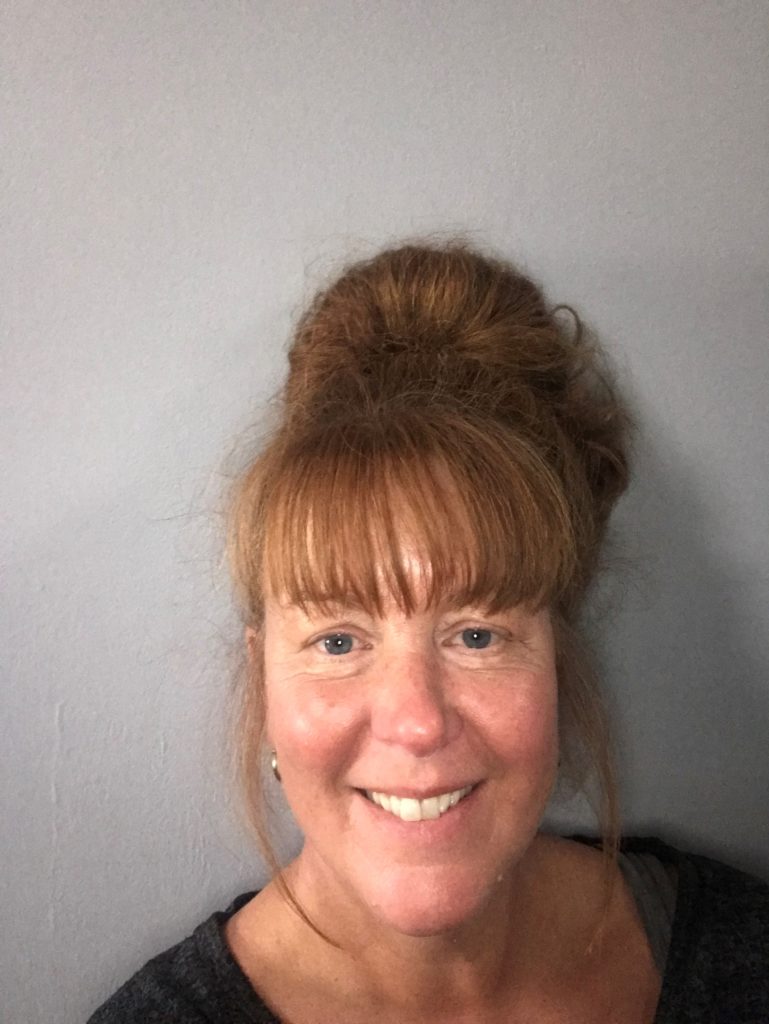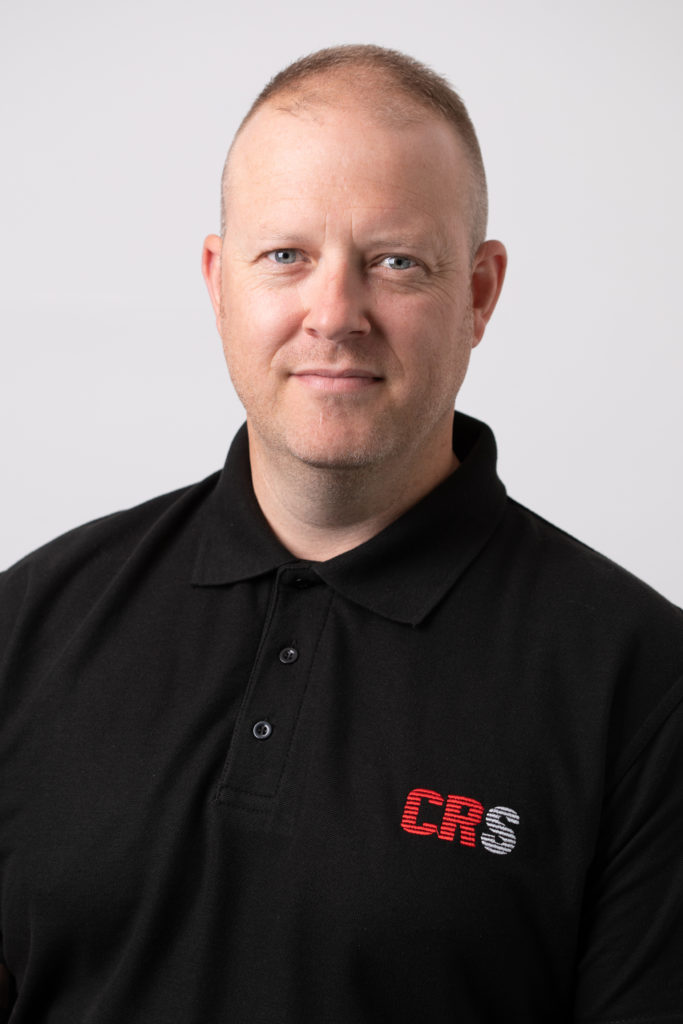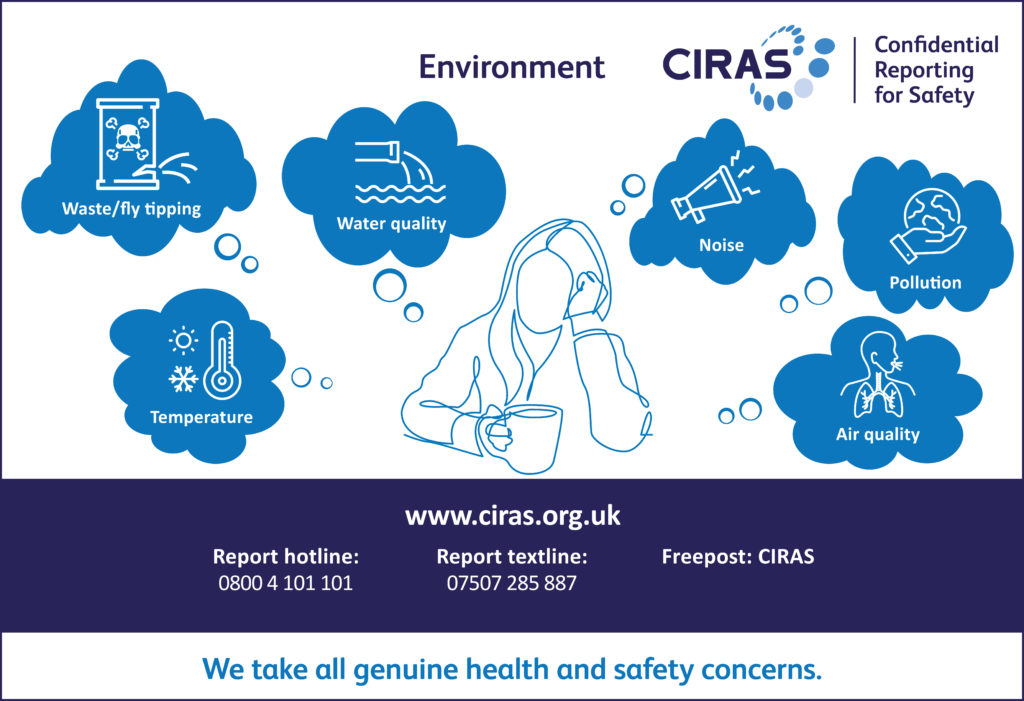CIRAS representatives get the word out about confidential reporting – here they speak out from across the industry to explain what they do and why it matters.
When companies join the CIRAS confidential reporting community as a member, choosing the rep is one of the most important first steps.
Reps are the crucial link that makes CIRAS work. Their role involves getting any CIRAS reports to the right person in their business so they can take action, as well as promoting confidential reporting to staff so they know there is a way for them to raise health, safety, and wellbeing concerns without being identified.
Being aware of CIRAS could be the difference between someone choosing to raise a concern or not, increasing the likelihood that an issue gets resolved.

“With the best will in the world – we’ve got a lot of good reporting systems and everything in place – it doesn’t always work. People are not always comfortable to report things for whatever reason: maybe they’re worried about their job, they’re not comfortable with their boss… and it’s just nice to know there’s somewhere else to go and your name’s not going to be put out there,” says Jo Parker, safety, health and environment manager, who has been CIRAS rep at Transport for London for six years.
“CIRAS is confidential, so people are comfortable with it. And if the first place they go to report something doesn’t work out, they feel comfortable that they’ve got somewhere else to go where they feel safe.
“There’s a CIRAS champion in each area of the business,” she continues, “and if we get a report in that’s relevant to a certain business area, I share it with them.
“People around the business know that they can go to their CIRAS champion if they have any questions, and they may know the answer – and if they don’t, they come to me. We catch up every few weeks to see where we are, what reports have come in, to see if there’s anything we feel we need to share around the business. It’s really helpful having the CIRAS champions. It helps me to get the word out – it’s such a massive business.”
Raising awareness is one of the reps’ main challenges. While some organisations choose to have a network of CIRAS champions, in most cases reps are tasked with this alone, using the tools and resources available to them from CIRAS but also finding innovative approaches working with their business.

One way of addressing this challenge is to build in awareness of confidential reporting as part of new starters’ inductions, as many CIRAS members do, including Tram Operations.
Talent and training manager Nathaniel Chambers, Tram Operations’ CIRAS rep, explains, “Safety is an integral part of what we do here at Tram Operations, so it’s only logical that our values stress the importance of personal accountability and reporting health and safety concerns.
“It’s important that our new starters are made aware of all the ways they can report, including the existence of an independent place for them to raise their concerns if they feel they are not being taken seriously when they speak up internally in the first instance.
“When I first started at Tram Operations, I was repeatedly asked, ‘Who are CIRAS?’,” he continues. “The biggest challenge has been getting over suspicion of the reporting process. Communicating honestly about what CIRAS is and how it works helps overcome this. Senior managers and leaders might appear sceptical initially, then they always get on board after I explain that CIRAS is not trying to discourage staff from speaking up internally. It helps that I emphasise that we can use the report to highlight things that we can improve.”
Taking reports seriously

“We take CIRAS reports very seriously – each could be an opportunity to reduce risk or avoid an incident,” explains Kevin Ogilvie-White, lead safety manager and rep for train operator Great Western Railway. “We allocate each report to the person best placed to look into it, and they will undertake a full investigation, looking for how we can use the intelligence to improve health and safety. I review every response, and they are discussed at senior level meetings as part of our whole reporting process.”
“Our staff see CIRAS as a point of contact they can rely on to seek action and get a response, and in fact we’ve seen a rise in colleagues going directly to CIRAS. We’d like to see the same level of confidence in our internal reporting options, as we’d always prefer people to come to us first.”
At operator West Midlands Trains, where the rep is head of safety and environment Mike Wills, CIRAS is integrated into the wider reporting systems and there is a Board KPI around CIRAS reporting. Mike sometimes uses information from CIRAS reports during his regular meetings with the ORR, to show that issues are being investigated and dealt with.
“CIRAS brings both parties to the table, and it’s important that both parties understand clearly all the issues identified,” he says.
Open and transparent
Liam Linford-Smith, now operations director at Civil Rail Solutions (CRS) was until last Christmas its CIRAS rep, as health and safety advisor and operations lead, and he was the rep at his previous company too: a rail principal contractor. ‘As a labour agency, CRS is always welcoming new members of staff, and as we ourselves are not always on site, the various reporting channels can be forgotten or misunderstood by our site staff,’ he says. ‘To combat this, we not only promote but actively encourage the reporting of anything our site teams feel needs to be reported, and CIRAS is a great tool for this. Although we have a chain of command, and an open-door policy, sometimes by the time it gets to senior management the content of the issue can change dramatically.

“By raising a concern through CIRAS, staff can be open and transparent because they know it’s confidential. They can raise the actual problem, the facts. They don’t have to feel that they need to dilute the situation because they don’t want to drop their team or supervisor in it, for example, and they can report it immediately – middle of the night or middle of the day, everything can be done via the CIRAS website, which is really easy to use.
“I’ve not received a CIRAS report – and that’s testament to my team, because we’re addressing the issues and situations as best as possible without the situation growing legs. However, it’s reassuring to know we have a safety net if nothing’s getting done with a close call or if staff are having difficulties getting their health and safety concerns resolved to their satisfaction locally.”
Learning lessons
Although Liam has not yet received a report, he makes the most of learning from reports on the CIRAS website – always with identifying information protected. “I came across a report that I felt was really familiar as we had a similar issue at that time,” he explains. “It goes to show that it’s irrelevant what company you’re working for, the root cause of an issue can have similarities. I have used this information and raised to my clients about common issues to see how we can work together to improve things. Having the evidence of CIRAS reports is always useful and a great opportunity to implement change if needed.”
In contrast, Jo at Transport for London has received many CIRAS reports. “Being honest, most of the reports we get are not a surprise to us, although they do encourage us to go back and look at what we’re doing – we may have to recommunicate something for example,” she says. “There was a recent one, with someone worried about the air filtering system at Palestra, because of Covid-19, which has prompted a bit of a campaign and a wider communication, to put people’s minds at rest. The report helped us realise that it is something that everyone is going to be thinking. Everyone thinks that Palestra has air conditioning – but it doesn’t, it’s an air filtration system which is Covid-safe.”
Kevin at Great Western Railway recalls a CIRAS report about shunting sleeper services. “As a result of the concerns being raised, cross-function workshops were held and attended by Engineering, Operations, Safety and health and safety representatives from RMT, ASLEF and UNITE.
“The group concluded that the method of work in use was safe and compliant with the Rule Book, but identified areas that needed to be reviewed in the Depot Operating Instruction and risk assessments – a positive outcome from the report which led to a collaborative approach, engaging with the people who carried out the work and those that write the procedures.”
Kevin continues. “We know frontline staff can be reluctant to report health and safety issues, potentially as they perceive a divide between them and their management, which can be difficult to overcome. It’s a tricky balance. Staff don’t want their managers sitting with them in restrooms, getting involved in their daily conversations, but they do want to see them act when concerns are raised.”
All the reps interviewed agreed that they prefer to hear about concerns directly, within the organisation, and have set up multiple reporting channels to make this as easy as possible. But they recognise that by offering an independent and confidential service, CIRAS provides choice and encourages people to speak up when they perhaps would have chosen to stay silent, and offers a way for staff to make sure their concerns are heard and understood clearly when they feel other channels have not worked for them.
Ultimately, the aim is the same: making workplaces safer. Whatever it takes.
You can contact CIRAS confidentially at www.ciras.org.uk/Raise-a-concern. To raise a concern by phone, call 0800 4 101 101 or text 07507 285 887. CIRAS will share your concern with the relevant company, protecting your identity, and let you know the response.


